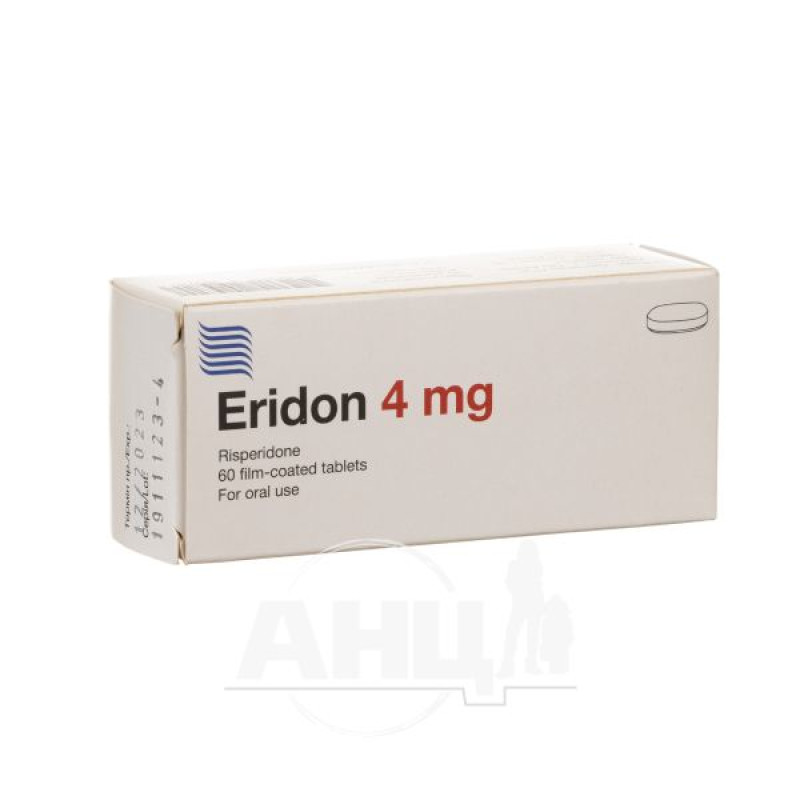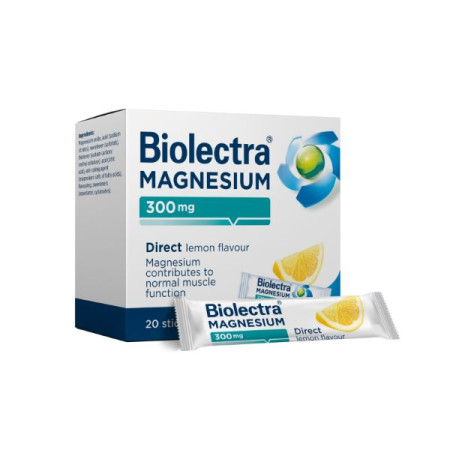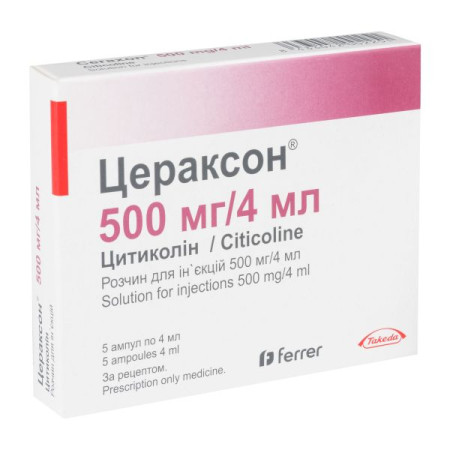Eridon film-coated tablets 4 mg blister No. 60

Eridon ® tablets are used for the following indications:
treatment of schizophrenia and other psychiatric disorders, including maintenance therapy in patients who have responded to therapy, in order to prevent relapse of the disease; treatment of manic episodes in bipolar disorders (adjunctive therapy in combination with normotensives as initial treatment or as monotherapy for a period of up to 12 weeks); short-term treatment of pronounced aggression or severe psychiatric symptoms in patients with dementia when there is a threat of harm to themselves or others; symptomatic treatment of defiant oppositional disorders or other social behavior disorders in children, adolescents and adults with below average mental development or mental retardation who have manifestations of destructive behavior (impulsivity, autoaggression); symptomatic treatment of autistic disorders in children aged 5 years and older, in whom symptoms range from hyperactivity to irritability (including aggression, self-harm, anxiety and pathological cyclic actions).Composition
The active substance is risperidone (one tablet contains 4 mg of risperidone).
Excipients: lactose monohydrate, microcrystalline cellulose, corn starch, povidone, magnesium stearate, colloidal anhydrous silica, sodium lauryl sulfate; coating: Opadry Y-1-7000 White (hydroxypropylmethylcellulose, titanium dioxide (E 171), macrogol), carnauba wax.
Contraindication
Hypersensitivity to the active ingredient or to any of the excipients of the drug. Dementia and symptoms of Parkinson's disease (rigidity, bradykinesia and parkinsonian postural disorders). Dementia and suspected dementia with Lewy bodies (in addition to symptoms of dementia, less than 2 of the following symptoms: parkinsonism, visual hallucinations, unsteady gait).Method of application
Usual dose
Risperidone can be administered once or twice daily. Doses greater than 8 mg should be divided into two doses (morning and evening). Food intake does not affect the absorption of risperidone.
Gradual discontinuation of treatment is recommended. Acute withdrawal symptoms, including nausea, vomiting, sweating, and insomnia, have been observed very rarely after abrupt discontinuation of high doses of antipsychotics. Recurrence of psychotic symptoms may also occur, and involuntary movements (e.g. akathisia, dystonia, and dyskinesia) have been reported.
To achieve a dose of 0.25-2.5 mg, it is recommended to use risperidone, oral solution.
Schizophrenia (adults)
Risperidone can be administered once or twice daily. The initial dose should be 2 mg risperidone per day, and the dose can be increased to 4 mg on the second day. After that, the dose can be maintained unchanged or, if necessary, individual dose adjustment can be continued. For most patients, the recommended dose is 4-6 mg per day. Some patients may require a gradual increase in dose or a lower initial dose.
Doses above 10 mg/day have not been shown to be more effective than lower doses, but they may cause extrapyramidal symptoms. Since the safety of doses above 16 mg/day has not been studied, such doses should not be used.
If additional sedation is needed, a benzodiazepine can be used concurrently.
Manic episodes in bipolar disorder (adults)
The recommended starting dose of risperidone is 2 mg once daily in the evening. The dose can be individually increased by adding 1 mg/day no more frequently than every 24 hours. The recommended dose range is 2 to 6 mg/day.
As with other symptomatic treatments, with long-term use of risperidone, the dose should be reviewed periodically and adjusted throughout the course of therapy. There is no data on the effectiveness of risperidone in the treatment of acute bipolar mania lasting more than 12 weeks. If risperidone is used in combination with normothymics, therapy can be discontinued earlier, since the onset of the effect of treatment can be expected in the first weeks of therapy. Even after a response to treatment, the possibility of recurrence of depressive symptoms should be taken into account due to the peculiarities of the course of the disease and the side effects of the drugs used for treatment, including risperidone.
Short-term treatment of severe aggression or severe psychiatric symptoms in patients with dementia
The recommended initial dose is 0.25 mg twice daily. If necessary, the dose can be increased by increasing the dose by 0.25 mg twice daily no more often than every other day. For most patients, the optimal dose is 0.5 mg twice daily. However, for some patients, the effective dose can be increased to 1 mg twice daily. Once the optimal dose is reached, the possibility of taking the dose once daily can be considered. As with other types of symptomatic treatment, with long-term use of risperidone, it is necessary to periodically review the dose and adjust it throughout the course of therapy.
Risperidone treatment should be discontinued no later than 3 months after the start of therapy; therapy can only be resumed if behavioral disorders reappear.
Patients weighing ≥ 50 kg. The recommended starting dose is 0.5 mg once daily. If necessary, the dose should be adjusted by adding 0.5 mg once daily no more than every other day. The optimal dose for most patients is 1 mg once daily. However, for some patients, no more than 0.5 mg once daily is sufficient to achieve a positive effect, while others may require 1.5 mg once daily.
Patients weighing <50 kg. The recommended starting dose is 0.25 mg once daily. If necessary, the dose can be adjusted by adding 0.25 mg once daily no more than every other day. The optimal dose for most patients is 0.5 mg once daily. However, for some patients, no more than 0.25 mg once daily is sufficient to achieve a positive effect, while others may require 0.75 mg once daily.
As with other symptomatic treatments, long-term use of risperidone should be periodically reviewed and adjusted throughout therapy.
There is no experience with the use of risperidone for the symptomatic treatment of social behavior disorders or aggressive behavior in children under 5 years of age.
Autism (children from 5 years old)
The dose should be individualized, depending on the patient's condition and clinical response.
Patients weighing <50 kg. The recommended starting dose is 0.25 mg once daily. From day 4, the dose may be increased by 0.25 mg. The dose should be maintained at 0.5 mg and the clinical response assessed on day 14. Dose increases of 0.25 mg at two-week intervals should only be considered in patients with an inadequate clinical response.
Patients weighing ≥ 50 kg. The recommended starting dose is 0.5 mg once daily. From day 4, the dose can be increased by 0.5 mg. The dose should be maintained at 1 mg and the clinical response assessed on day 14. Dose increases of 0.5 mg at two-week intervals should only be considered in patients with an inadequate clinical response.
Risperidone can be used once or twice a day.
Patients who experience drowsiness after taking the drug should preferably take the daily dose of risperidone at bedtime or in 2 divided doses. In clinical trials, approximately two-thirds of children with autism complained of weakness, especially in the initial phase of treatment.
Once an adequate clinical response is achieved, consideration should be given to gradually reducing the dose to achieve the optimal balance of clinical efficacy and safety.
There is insufficient information from controlled clinical trials to determine the recommended duration of treatment with risperidone in patients with autism. Therefore, careful monitoring of the patient by an experienced specialist is necessary.
If severe adverse reactions occur (e.g. extrapyramidal disorders, tardive dyskinesia or uncontrolled weight gain), the dose of risperidone should be reduced or treatment discontinued.
There is no experience with the use of risperidone for the symptomatic treatment of autism in children under 5 years of age.
To achieve a dose of 0.25-1 mg, it is recommended to use riseridone, oral solution.
Application features
Pregnant women
Risperidone should not be used during pregnancy unless clearly necessary. If treatment needs to be discontinued during pregnancy, this should not be done gradually.
There are observations that risperidone and 9-hydroxy may also penetrate into breast milk. In individual cases, 4.3% of the dose administered to the mother in the form of the active antipsychotic fraction of the active substance was determined in breast milk. If necessary, breastfeeding should be discontinued.
As with other dopamine D2 receptor antagonists, risperidone increases prolactin levels. Hyperprolactinemia may suppress hypothalamic GnRH, leading to decreased pituitary gonadotropin secretion. This, in turn, may impair reproductive function by impairing gonadal steroid production in both women and men. No relevant effects have been observed in nonclinical studies.
Drivers
Risperidone may have minor or moderate influence on the ability to drive due to potential effects on the nervous system and visual organs. During treatment, it is recommended to refrain from driving or operating other mechanisms until the patient's sensitivity to the drug is known.
Overdose
Symptoms
The signs and symptoms of overdose observed are known adverse drug reactions manifested in an intensified form: drowsiness and sedation, tachycardia and arterial hypotension, as well as extrapyramidal symptoms. In case of overdose, prolongation of the QT interval and convulsions have been reported. Torsades de Pointes has been reported associated with overdose of risperidone in combination with paroxetine.
Treatment
Risperidone has no specific antidote. Therefore, appropriate supportive measures should be taken. In the event of acute overdose, the possibility of multiple drug interactions should be considered. Hypotension and vascular collapse should be treated with measures such as intravenous fluids and/or sympathomimetics. In the event of acute extrapyramidal symptoms, anticholinergics should be administered. Close medical supervision should be maintained until the patient recovers.
Side effects
The most frequently reported adverse reactions (incidence ≥ 10%) are parkinsonism, sedation/somnolence, headache and insomnia. Parkinsonism and akathisia are dose-dependent adverse reactions.
Storage conditions
Store in the original packaging at a temperature not exceeding 30 °C, out of the reach of children.
Shelf life - 4 years.
There are no reviews for this product.
There are no reviews for this product, be the first to leave your review.
No questions about this product, be the first and ask your question.













